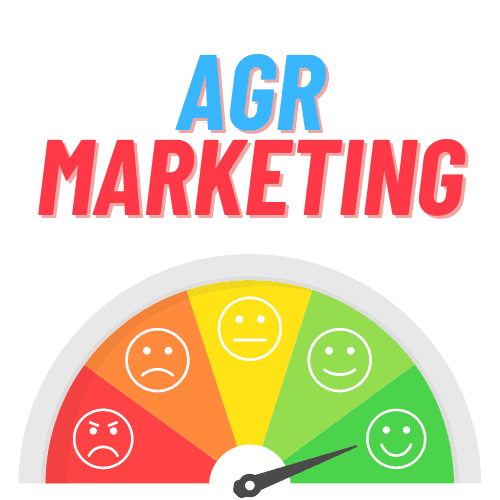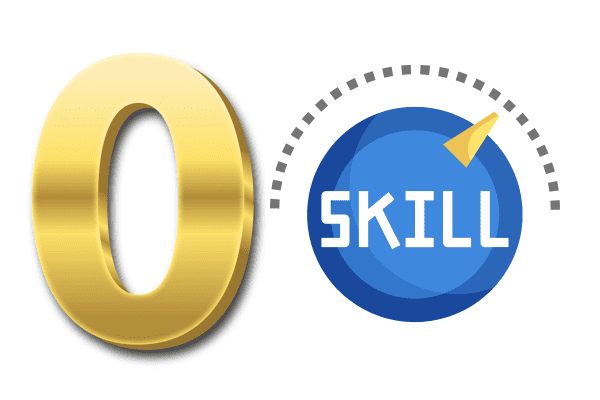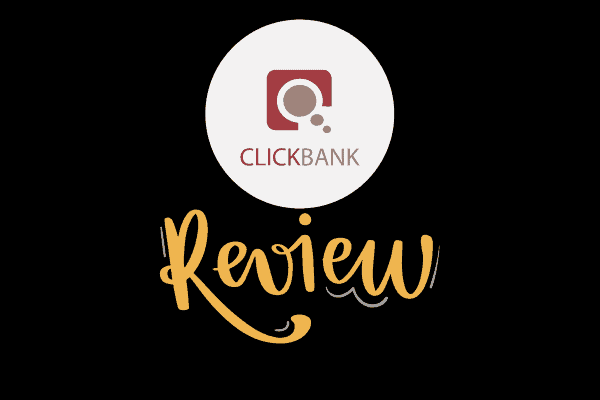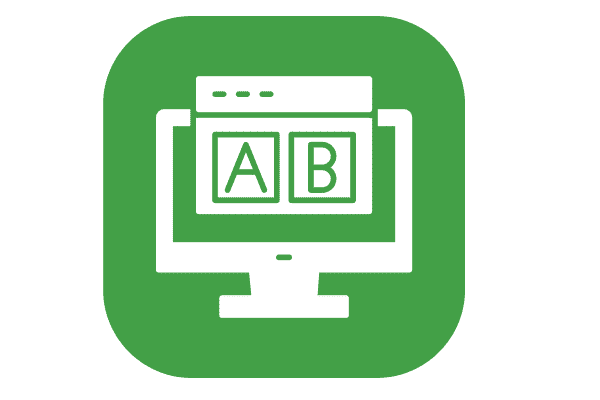5 Most Costly Website Marketing Mistakes To Avoid (2023)
Are you struggling to make your website successful? In this article, we’ll discuss five website Costly Website Marketing Mistakes.
From not being consistent with your content production to neglecting to promote your content effectively, these mistakes can hinder your website’s growth and success.
Additionally, we’ll explore the importance of niche selection and choosing the proper monetization method for your website. By addressing these common pitfalls, you can optimize your website’s performance and increase your chances of achieving your online goals. Are you ready to take your website marketing to the next level?
Let’s dive in and avoid these mistakes together.
Consistency in Publishing
Importance of regular content updates
Consistency in publishing new content is crucial for the success of any website. When you consistently update your website with fresh content, you keep your audience engaged and returning for more.
Regular content updates demonstrate your commitment to providing value and staying current in your industry.
Additionally, search engines love fresh content and are more likely to rank your website higher in search results if you consistently publish new articles, blog posts, or other forms of content.
Avoiding abandonment of projects
One of the common mistakes website owners make is starting a project with great enthusiasm but eventually abandoning it halfway. This can be due to various reasons, such as lack of time, losing interest, or not seeing immediate results.
However, avoiding abandoning projects and seeing them through until the end is essential.
When you start a website, you must have a long-term vision and commitment. Understand that building a successful website takes time and effort. Set realistic goals and deadlines for yourself, and make a conscious effort to stick to them.
Remember, consistency is critical. Even if you do not see immediate results, trust the process. The more you work on and improve your website, the better your chances of success.
Publishing every month
While the frequency of publishing content may vary depending on your niche and audience, a good rule of thumb is to aim for publishing at least once a month. This ensures you have a consistent stream of new content for your audience and keeps your website relevant and current.
By committing to publishing content every month, you establish a regular schedule that your audience can come to expect. This helps build trust and loyalty among your readers. It also gives you a concrete goal to work towards and ensures you’re consistently improving and growing your website.
Lack of Content Promotion
Importance of promoting content
Creating great content is only half the battle. If you don’t promote your content effectively, it’s like shouting into an empty room – no one will hear you. Content promotion is essential to ensure that your target audience sees and appreciates your hard work.
Promoting your content increases visibility and drives traffic to your website. By sharing your content on social media platforms, engaging in relevant online communities, and reaching out to influencers in your niche, you can expand your reach and attract more visitors to your website.
Networking with webmasters
Building relationships with other website owners in your niche can be highly beneficial for content promotion. Collaborating with web admins can help you tap into their existing audience and gain exposure to new readers.
Reach out to other website owners and offer to contribute guest posts or collaborate on content projects. By doing so, you provide value to their audience and gain backlinks and social proof for your website.
Building these networking relationships can lead to increased visibility, traffic, and potential partnerships in the future.
Allocating time for content promotion
One common mistake many website owners make is focusing solely on creating content and neglecting the promotion aspect. To avoid this, it’s essential to allocate dedicated time for content promotion in your overall website strategy.
Set aside a specific portion of your workweek to focus exclusively on promoting your content. Whether scheduling social media posts, engaging in online communities, or reaching out to influencers, dedicating time to content promotion ensures that it doesn’t fall by the wayside.
Remember, promoting your content is just as important as creating it, if not more.
Poor Niche Selection
Selecting the right industry
Choosing the right niche for your website is crucial for its success. A poor niche selection can result in limited audience appeal, heavy competition, or low profitability.
Before diving into a niche, research and analyze its potential. Ask yourself whether your chosen place has a sufficiently large target audience. Consider whether it aligns with your skills, passions, and expertise.
Furthermore, evaluate if it has the potential for long-term growth and profitability.
Considering competition and profitability
Competition and profitability go hand in hand when it comes to niche selection. While entering a highly competitive market can be challenging, it can also indicate a profitable industry.
On the other hand, going for a niche with little to no competition may seem enticing, but it might suggest a lack of demand or profitability.
Strike a balance between competition and profitability when choosing your niche. Look for a place where there is a reasonable level of competition, indicating a viable market but also room for differentiation and growth.
Conduct thorough market research to identify niches with a healthy demand and profit potential balance.
Understanding seasonal niches
Seasonal niches can be a lucrative choice if understood and managed correctly. These niches experience fluctuating demand depending on the time of year. Examples include holiday-themed websites, wedding-planning sites, and gardening blogs.
When considering a seasonal niche, it’s essential to understand the nature of the market and plan your content strategy accordingly.
Prepare for off-peak seasons by creating evergreen content that remains relevant throughout the year—additionally, leverage peak seasons to capture a larger audience and maximize your earning potential.
Monetization Method
Importance of planning monetization from the start
Planning your website’s monetization strategy is crucial for long-term success. By understanding how you will monetize your website, you can shape your content, design, and marketing efforts accordingly.
Consider various monetization methods such as affiliate marketing, advertising, product promotion, or selling digital products. Each technique has pros and cons, so choosing the ones that align with your website’s goals and target audience is essential.
Reverse engineering monetization strategies.
A proven way to monetize your website effectively is by reverse engineering successful websites in your niche. Study websites that are already earning money and analyze their monetization strategies.
Look for patterns in their content, design, and promotional strategies. Identify the affiliate programs they promote, the products they sell, and the advertising networks they use.
By reverse engineering their system, you can gain insights into what works in your niche and apply similar techniques to your website.
Affiliate marketing, advertising, and product promotion
Affiliate marketing, advertising, and product promotion are popular monetization methods for many websites.
Affiliate marketing involves promoting other companies products or services and earning a commission for any sales made through your referral. You can earn passive income through affiliate partnerships by recommending products or services related to your niche.
Advertising is another standard monetization method, where you allow ads to be displayed on your website in exchange for payment.
This can include display ads, native ads, or sponsored content. Ensure the ads align with your website’s content and audience to maximize revenue potential.
Product promotion involves creating and selling your own digital or physical products. By leveraging your expertise and audience trust, you can create and sell products that meet the needs of your target audience.
Insufficient Content Quantity
Importance of posting a significant amount of content
To build a comprehensive and valuable website, having substantial content is important. It demonstrates that you have in-depth knowledge of your niche and provides your audience with a wealth of information and resources.
Publishing a significant amount of content helps attract and retain visitors and improves your website’s search engine visibility. The more indexed pages you have, the more opportunities your website has to appear in search results for relevant queries.
Building a comprehensive website
Aim to cover a wide range of topics related to your niche to ensure that your website provides comprehensive and valuable information to your audience.
This allows visitors to find answers to their questions and increases the chances of converting them into loyal readers or customers.
Consider creating pillar content that covers broad topics and then creating supporting articles or blog posts that dive deeper into specific subtopics.
This makes a well-rounded website that offers value to your audience and establishes you as an authority in your niche.
Aiming for at least 200 pages
While the ideal number of pages may vary depending on your niche and goals, aiming for at least 200 pages is a good starting point. This target ensures your website has enough content to provide a comprehensive user experience.
The number of pages can be achieved by creating a mix of long-form articles, blog posts, product pages, and resource pages. The goal is to have enough content to cover different aspects of your niche and cater to various user intents.
By consistently creating and adding new pages, you expand your website’s offerings and attract a wider audience.
Content Quality
Ensuring engaging and high-quality content
Quality content is the foundation of any successful website. No matter how much content you have, if it doesn’t engage your audience, provide value, or offer solutions to their problems, it won’t keep them returning for more.
Ensure that your content is well-written, accurate, and grammatical errors-free. Use a tone that resonates with your target audience and makes them feel like you’re speaking directly to them.
Incorporate visual elements such as images, videos, or infographics to enhance the user experience.
Comparing with competitors’ content
To ensure that your content stands out, it’s essential to compare it with your competitors’ content. Analyze their articles, blog posts, or videos to identify gaps in their offerings or areas where you can provide a unique perspective.
Look for opportunities to improve upon existing content by offering more thorough research, providing actionable tips, or presenting information in a more visually appealing format.
By creating content that surpasses your competitors’ offerings, you establish yourself as a go-to resource for your audience.
Providing valuable solutions
Your content should always aim to provide valuable solutions to your audience’s problems or challenges. By understanding and addressing their pain points in your content, you demonstrate your expertise and establish trust with your readers.
Offer practical tips, step-by-step guides, or case studies that provide actionable solutions to your audience’s needs. Consider incorporating real-life examples, personal experiences, or expert insights to add credibility and depth to your content.
The more value you provide, the more likely your audience will view you as a trusted source and keep returning for more.
Considerations for content length
While there is no one-size-fits-all answer to the ideal content length, it’s essential to consider your niche, topic, and audience when determining the size of your articles or blog posts.
A concise and to-the-point approach may be more effective for some topics, while others may require more in-depth analysis and explanation.
Conduct keyword research and analyze the top-ranking articles in your niche to get an idea of the content length that performs well. Strive to provide the necessary information and value without unnecessarily elongating the content.
Conclusion
Summary of the five standard website mistakes
In summary, five common website mistakes that can hinder your success are inconsistent publishing, lack of content promotion, poor niche selection, insufficient content quantity, and compromised content quality.
Consistency in publishing is crucial for keeping your audience engaged and improving your search engine rankings. Promoting your content is equally important to ensure it reaches your target audience and drives traffic to your website.
Careful niche selection, considering competition and profitability, ensures that you choose a niche with a viable market and potential for growth. Planning your monetization method and understanding successful strategies in your place can lead to effective monetization strategies.
Building a comprehensive website with significant content establishes you as an authority and improves your website’s visibility. Finally, providing engaging, high-quality content that offers valuable solutions ensures that your audience keeps returning for more.
Emphasizing the need for consistency, promotion, selection, monetization, and content quantity and quality
To build a successful website, it’s essential to prioritize consistency in publishing, effective content promotion, careful niche selection, strategic monetization planning, sufficient content quantity, and exceptional content quality.
By understanding and avoiding these common mistakes, you can enhance the overall user experience, attract a loyal audience, and achieve long-term success with your website.
We’re reader-supported. We may earn an affiliate commission when you buy through links on our site.

Angus Robertson is an authority in online marketing, affiliate marketing, and Search Engine Optimization (SEO). With an innate passion for the digital world, he has spent the last two decades assisting businesses in amplifying their online presence and boosting profitability.








